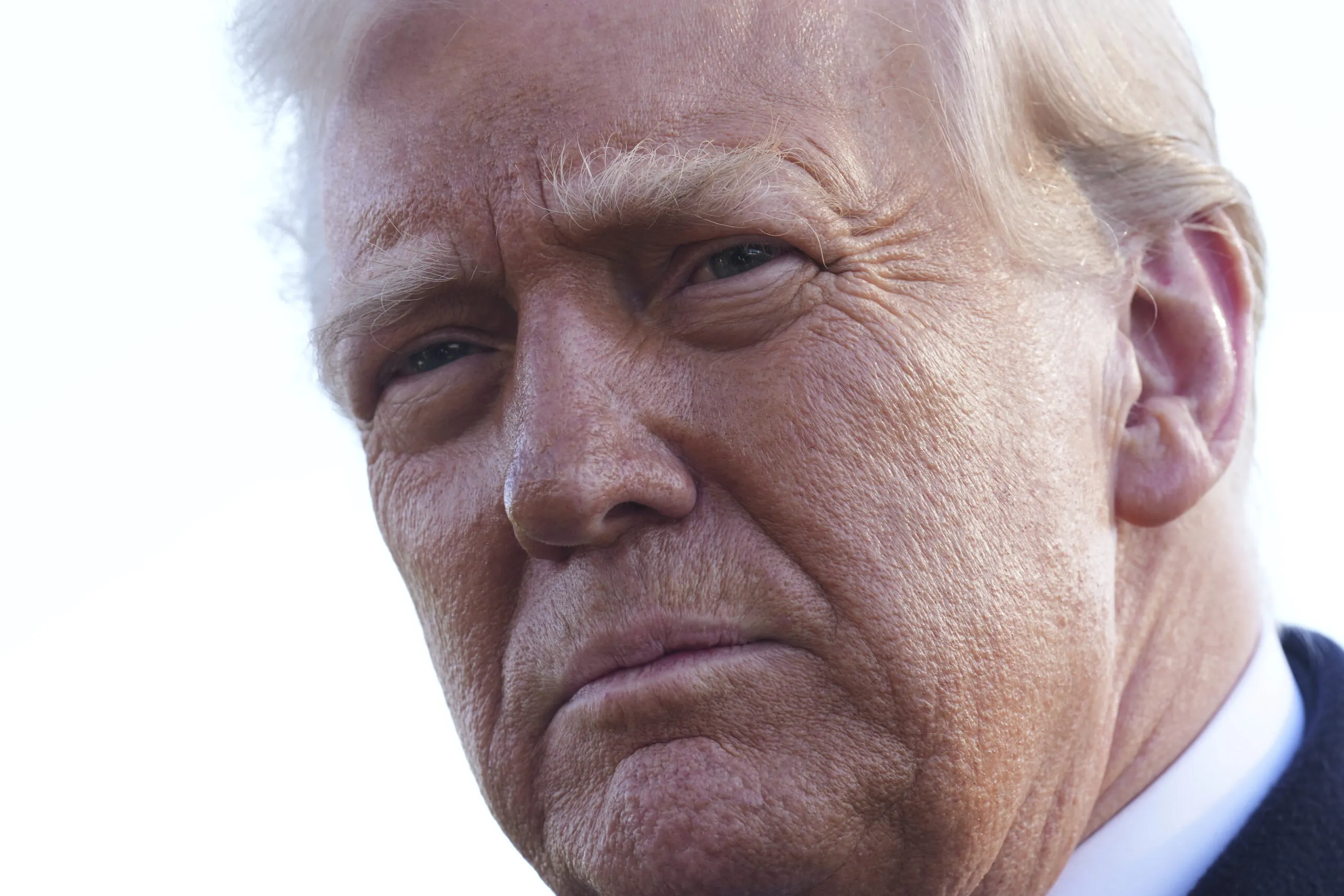“`markdown
Trump’s Bold Executive Orders: A Game Changer for Education and Voting Rights!
On March 20, 2025, President Donald J. Trump signed a significant executive order aimed at dismantling the U.S. Department of Education. This bold move marks a pivotal shift in federal education policy, emphasizing parental empowerment and local community control over educational decisions. By expanding school choice programs, Trump’s administration seeks to reshape the educational landscape, providing families with more options regarding their children’s education.
The executive order underscores a growing sentiment among many Americans who believe that federal oversight has hindered educational outcomes. Trump stated, “Our Nation’s bright future relies on empowered families, engaged communities, and excellent educational opportunities for every child.” This statement reflects his administration’s commitment to reforming a system that has faced criticism for its inefficiency and lack of accountability.
Key Features of the Executive Order
-
Dismantling the Department of Education: The executive order aims to close the Department of Education, which Trump argues has entrenched bureaucracy and failed to deliver quality education. He asserts that the federal education system has not only failed students but has also wasted taxpayer money.
-
Empowering Parents and Communities: The order emphasizes the need for parents and local communities to have more control over educational decisions. This includes allowing families to choose the best educational options for their children, promoting parental rights in education.
-
Expanding School Choice: The executive order directs the Department of Education to guide states on utilizing federal funding to support K-12 scholarship programs. This initiative is designed to enhance school choice, allowing families to select from various educational institutions, including private and faith-based schools.
-
Restricting Federal Funding: A controversial aspect of the order is its intent to restrict federal funding for schools that teach certain topics related to race. This reflects ongoing debates about educational content and aims to address concerns over perceived indoctrination in schools.
-
Military Families Consideration: The order includes provisions for military families, directing the Secretary of Defense to create a plan for using Department of Defense funds to support school choice initiatives.
The Broader Implications
The implications of Trump’s executive orders extend beyond education. By reducing federal oversight, the administration is also influencing discussions around voting rights. Access to quality education is closely linked to civic engagement and informed participation in democracy. As educational reforms are implemented, the potential effects on voter turnout and civic responsibility are significant.
Trump’s actions have sparked controversy and debate regarding their potential impact on public education and civil rights. Critics argue that dismantling the Department of Education could exacerbate inequalities in educational access, particularly for marginalized communities. Supporters, however, maintain that increased school choice will lead to better educational outcomes for all students.
Public Opinion and Support for School Choice
Polls indicate that support for school choice is widespread, with high approval rates among various demographic groups, including a majority of Democrats and minority communities. This broad support suggests that many Americans are eager for change in the education system, seeking alternatives to traditional public schools that may not be meeting their needs.
Conclusion
President Trump’s executive orders represent a significant shift in the approach to education in the United States. By prioritizing parental control, expanding school choice, and reducing federal oversight, the administration aims to create a more dynamic and responsive educational environment. However, as with any major policy change, the long-term effects remain to be seen. The discussions surrounding these changes will likely continue to evolve, influencing not only education but also the broader landscape of civic engagement and voting rights in America.
As the nation navigates these changes, one thing is clear: the conversation about education and its role in democracy is more critical than ever.
“`






Leave a Comment